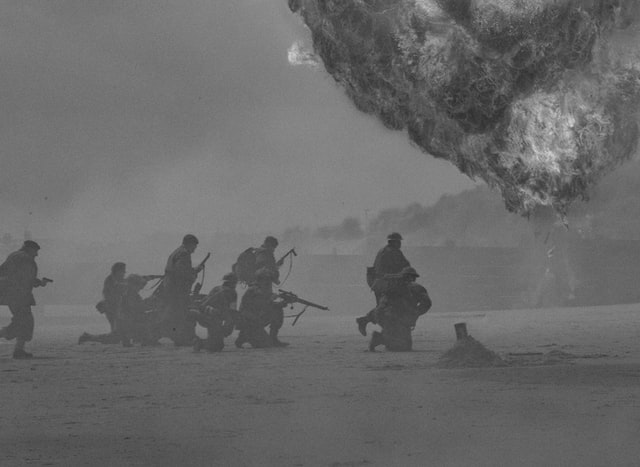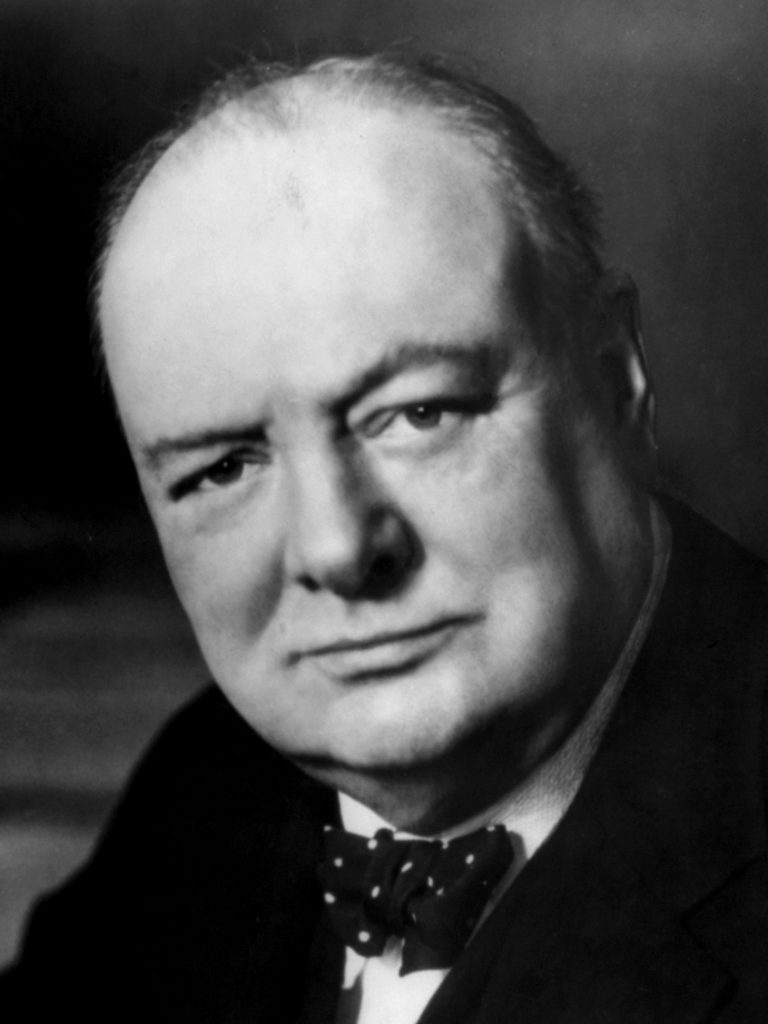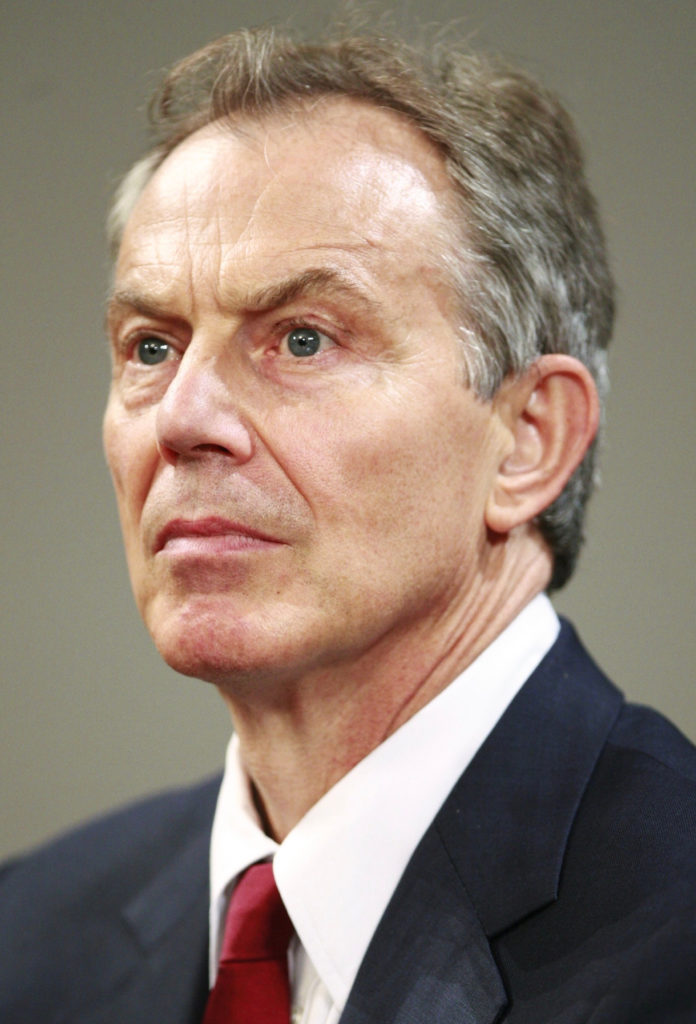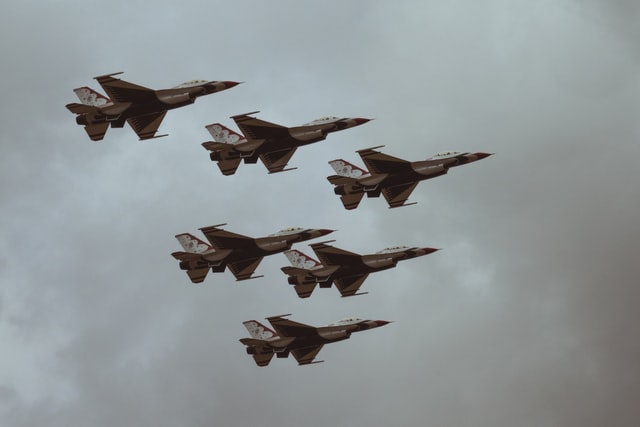The Prime Minister of a country is often seen as the most influential person in that nation. Many prime ministers hold power equal to or similar to that of presidents. War declarations are not something taken lightly. It’s the act that sets all other war efforts in motion and can lead to millions of casualties. So, does the Prime Minister have the authority to declare war, and do they possess the power to do so independently?

Constitutional Guidelines
Since some Prime Ministers operate under a monarch, the kingdom should also have a say whenever a war is deemed necessary. For instance, the UK PM has to collaborate with the Crown in such cases. According to the current constitutional guidelines, a PM can declare war on behalf of the Crown, but some analysts believe this is done after consultation with the Crown.
The guidelines note that “In the event of a declaration of war or the commitment of British forces to military action, constitutional convention requires that authorization is given by the Prime Minister, on behalf of the Crown. Decisions on military action are taken within the Cabinet with advice from, among others, the National Security Council and the Chief of the Defence Staff” [Source].
This means that the PM has the power to declare war but after seeking advice from relevant parties [Source]. It was further explained that “Decisions on whether or not engage in overseas conflicts sit with the Prime Minister – and the Prime Minister would enforce those through the Secretary of State for Defence, who chairs the Defence Council (the body legally entrusted with control of the Armed Forces, delegated from the sovereign). That said, the Prime Minister would still need to discuss any such decisions with the sovereign”.
Role of the House of Commons
Politics is regarded as the drive of any nation and possesses powers to dictate how a country must move, especially when it comes to military operations. The House of Commons denotes parliament’s recommendations where significant decisions are taken.
With the current standings, the parliament or cabinet is allowed to debate on this issue of war before a PM takes any decision. But the PM is not obliged to give parliament a chance to sit, which has been an intense debate issue. Parliamentarians argue that they must have final authority on declaring war. But “Cabinet is reluctant to let their hands in this way since a crisis might demand rapid or secrecy,” and parliament tends to drag its feet through debating and referring to policies.
Role of the House of Lords
The House of Lords has similar duties with the House of Commons when a nation wants to declare war. Initially, “Under the Royal prerogative powers, the Government can declare war and deploy armed forces to conflicts abroad without backing or consent of Parliament. However, the Government agreed to a parliamentary vote before the Iraq war in 2003. Subsequently, there have been calls for a requirement that the government always seek Parliament’s approval when taking action in future conflicts” [Source].
“In 2004, the House of Commons Public Administration Select Committee published a report on Ministers’ prerogative powers, recommending that ‘Parliament should approve any decision to engage in armed conflict, if not before military action then as soon as possible afterward”.
Does the Queen play a part?
The Queen heads the monarch and makes certain decisions that affect the kingdom and the country.
As the ruler of a kingdom, it automatically means that the queen is involved in decision-making. When a PM declares war on behalf of the Crown, he must first obtain the Queen’s consent before making such a crucial decision.
It is argued that “Not only can the Queen declare war on other countries, but she’s also the only one in the United Kingdom with the power to do so. She doesn’t have absolute power by any means, though” [Source].
The queen and the PM become heads of two entities that collaborate in defensive measures and declare war.
Winston Churchill’s path to WW2

Winston Churchill is remembered for powering Britain to victory in WW2, and this was rated high among his achievements. “As prime minister (1940-45) during the most of World War II, Winston Churchill rallied the British people and led the country from the brink of defeat to victory. He shaped Allied strategy in the war, and in the war’s latter stages, he alerted the West to the expansionist threat of the Soviet Union” [Source].
Britain under Churchill declared war on Germany on 3 September 1939, and “it did so for only one reason – Germany had invaded Poland, and Britain had guaranteed to support her ally like it had supported Belgium in WW1” [Source].
Tony Blair’s Iraq War

“British Parliamentary approval for the invasion of Iraq was given by the elected members of the British House of Commons to Tony Blair’s government on the eve of the 2003 invasion of Iraq, in a series of two votes, on 18 March 2003” [Source].
The members used the Royal Prerogative in which “the Sovereign may give the order to commence military action, which is customarily given on the advice of Her Majesty’s Government.” This was later contested by parliamentarians who urged the government and the Crown to consult the House of Commons and Lords before taking any military action.
What about the Australian PM?
“Under the Australian Constitution, former royal prerogatives – including the power to make war, deploy troops and declare peace – are part of the executive power of the Commonwealth” [Source]. The executive powers are penned in the constitution and entail giving powers to the Queen and permitting the Governor-General to act on behalf of the Queen.
In Australia, “the power to declare war or authorize the use of military force in a foreign country is part of the prerogative power vested in the executive government by section 61 of the Constitution” [Source].
It is noted that “The Commonwealth Constitution does not say expressly who is responsible for declaring war or deploying troops,” but practically, just like in the UK, an intense consultation is carried out between PM, the Queen, and Parliament to come up with the best military action.
What about the Canadian PM?
In Canada, a declaration of war “is an exercise of the Royal prerogative on the constitutional advice of the ministers of the Crown in Cabinet and does not require the direct approval of the Parliament of Canada, though such can be sought by the government” [Source].
It is argued that “The Prime Minister does not need to ask Parliament, or anyone else, for permission to make use of the military, the intelligence services or any other federal force outside Canada’s borders. Even if he wanted to declare all-out war on Russia and all of its allies, Stephen Harper could do so on his own (after seeking the advice of his cabinet), through the Royal Prerogative, without any discussion in a democratic assembly and without any review by the Supreme Court” [Source].







































